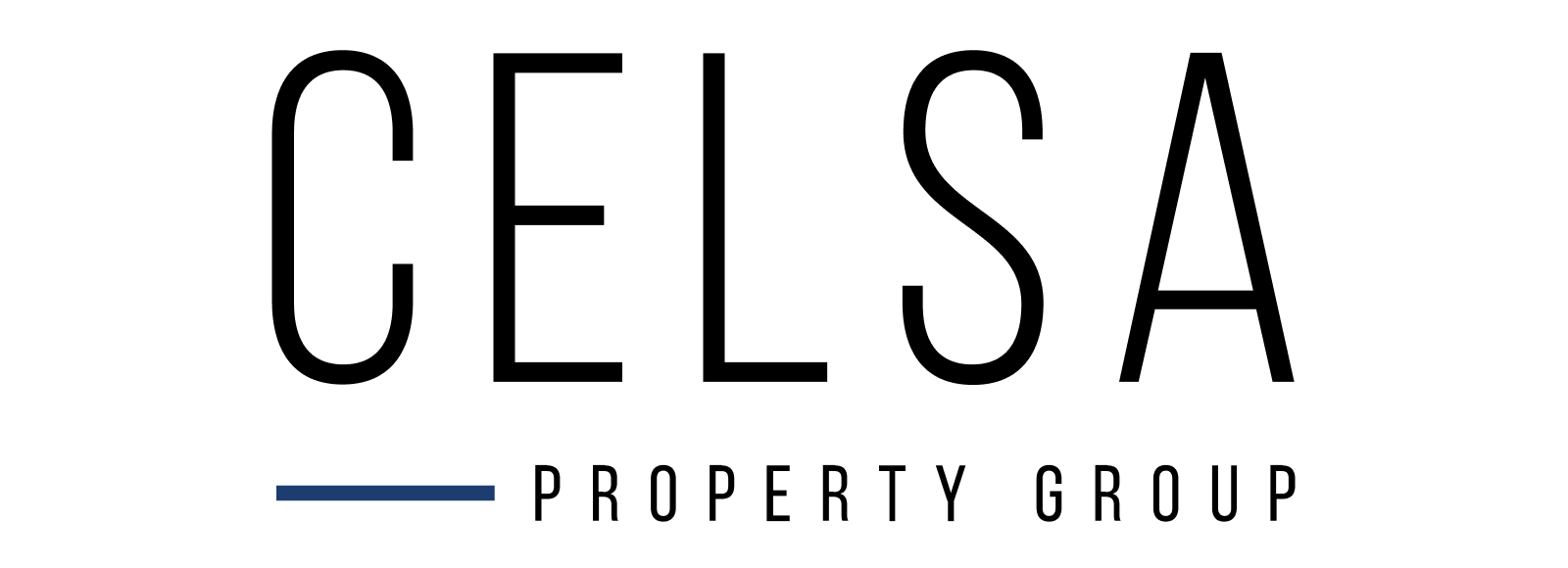Should You Access Your Home Loan or Apply for a Loan?
With the dismal economy applying financial pressure on consumers, many might find themselves in a pinch, needing to access money for short term relief. A personal loan can provide a quick fix but the interest rate will be exorbitant. A lot has been said about accessing money from your bond, what are the pros and cons?
Using a draw-down on your access bond as another loan means that it is repayable over the remaining term of your bond, so the extra repayment amount each month would be less than if it were a short-term loan that has to be repaid quicker, says De Waal.
David de Waal, CEO of Steeple, says since the interest rate payable on a home loan is usually less than the rate on personal loans, overdrafts or credit cards - as the home loan is secured by your property - many turn to access bonds thinking that they’re making a wise financial decision.
Using a draw-down on your access bond as another loan means that it is repayable over the remaining term of your bond, so the extra repayment amount each month would be less than if it were a short-term loan that has to be repaid quicker.
However, De Waal says this also means that years after you do the draw-down you may have hardly made a dent in the capital repayment, since most of the initial payments will be interest.
If you do decide to draw down on your bond, be aware that the amount of value or "equity" that you have in your property will be reduced accordingly.
De Waal says many sellers in the United States found this out the hard way when the market crashed and the price of their properties ended up being lower than the amounts they still owed on their bonds.
Drawing down on your bond should only be used for emergencies, or so you can pay off other loans at very high interest rates or to make capital improvements to your property. It should not be used for frivolous expenditure, he says.
“Remember, if you do decide to sell your home, you need to give the bank notice of your intention to settle the bond early - if your bank get less than three months' notice, they can charge you penalty interest,” says De Waal.
“However, once you've given notice to the bank then the ability to draw down is frozen and you do have to continue to make your bond repayments.”
